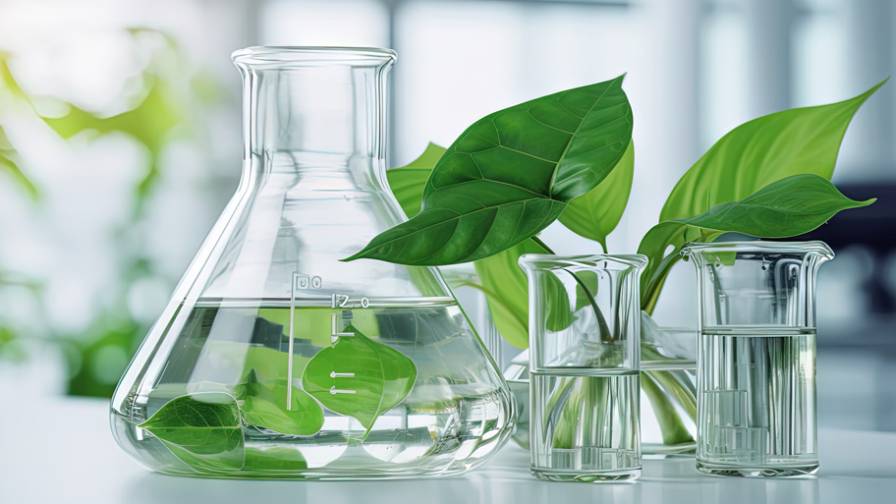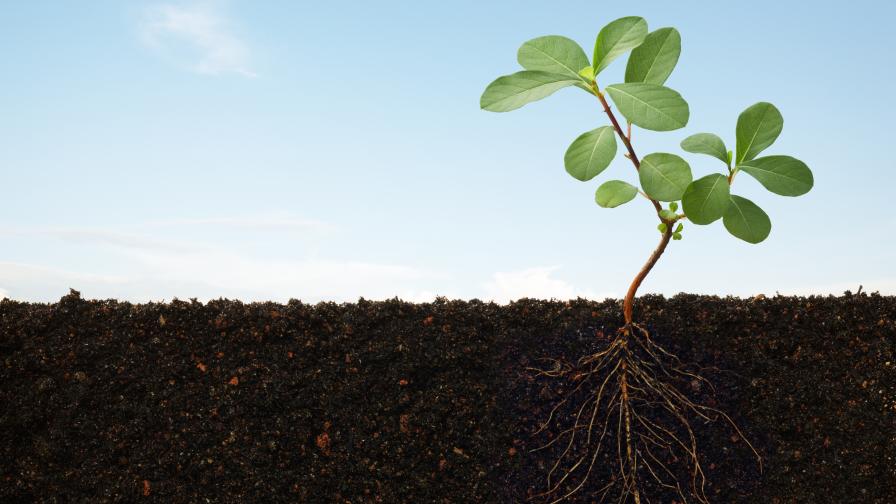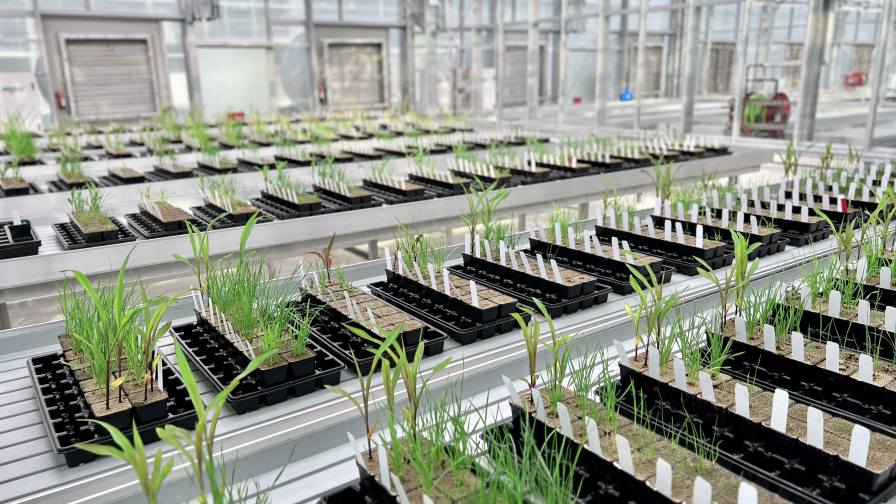CAC’s Ma Chunyan: A Global Obsession
She appears as a streaking blur during most of the International China Agrochemical & Crop Protection Exhibition (CAC) as she hurries from one appointment to another. And if Ma Chunyan seems harried, it’s because she presides over the largest pesticide show on the planet, bustling with 18,000 visits from attendees who represent more than 100 countries.
But when asked to talk about the success of CAC, Ma slows from her frenetic pace and speaks calmly and deliberately, largely ignoring her relentlessly chirping mobile phone beside her.
“This show is important for the Chinese agrochemical industry, and for the global industry as well,” says Ma, Deputy Secretary General for the Subcouncil of Agrochemicals of China’s Council for the Promotion of International Trade (CCPIT), the tradeshow’s organizer.
The show’s worldwide importance is reinforced by its growth. The first CAC welcomed just 47 exhibiting companies in 1999 to Beijing. It moved to Shanghai in its second year, growing to 68 exhibitors. Since the move, CAC has enjoyed growth rates ranging from 30% to 50%, eventually welcoming more than 700 exhibiting companies this past March. CAC also launched a fertilizer pavilion and an equipment pavilion to the sprawling pesticide exhibition.
Ma is visibly proud talking about the growth of the show and the success it has brought Chinese manufacturers, but she is quick to recognize all the people who work together year-round to ensure CAC’s success.
“I’m proud of the entire team,” she says. “Everyone has different responsibilities to make the show thrive, and there has always been a unifying spirit that helped us all be successful. I feel we have a responsibility to cater to the local industry and push forward China’s agrochemical companies on the world stage for the benefit of China and the rest of the world as well.”
Engineering Success
CAC has evolved into a critical show for Chinese companies for several reasons, Ma says. First, it allows Chinese companies to gather market intelligence on supply and demand by talking with other attendees about what kinds of products are needed, thereby enabling them to plan their strategies for the coming year.
Second, they get introduced to techniques and processes that allow them to improve their facilities, equipment and management styles to be more efficient, effective and competitive on the global stage.
Third, Chinese companies are able to learn more about patent and trade laws that govern the markets where they are trying to gain import access or registrations. China became a member of the World Trade Organization in late 2001.
“Companies have a full venue here of market awareness, technical information, marketing strategies and legal policies,” Ma says.
These hallmarks of the show were imperative to establishing the legitimacy of Chinese manufacturers. Just 10 years ago when CAC began, China’s pesticide manufacturers had widely varying reputations, from very good to downright spurious. Most of it was a perception problem, but CAC has almost single-handedly reversed that perception by giving the world more access to its suppliers.
Now, after 10 years focused on improving the perception of Chinese producers, CAC’s next phase of growth appears to focused on improving the operating sophistication of those companies.
“Right now many companies have their No. 1 and No. 2 guys here to learn and grow, so next we need to have more participation with the rest of these organizations, including marketing and advertising managers and staff to that entire companies can improve from top to bottom,” Ma says.
This sophistication will be crucial for China’s manufacturing facilities, advertising and marketing crews as Chinese product continue to gain market share. Agrochemical export volume grew almost 5% in the first quarter of 2010, compared to 2009, and government-encouraged consolidation is likely to create less competition from small, unrefined companies and more competition between larger corporations.
“Chinese agrochemicals had a perception problem, and CAC has done a lot to legitimize vendors and help buyers align with the right manufacturers, allowing the entire pesticide industry prosper around the world,” Ma says. “Now we must learn to operate more efficiently in the various markets we sell to so we can expand exports and create better business relationship around the world.”






